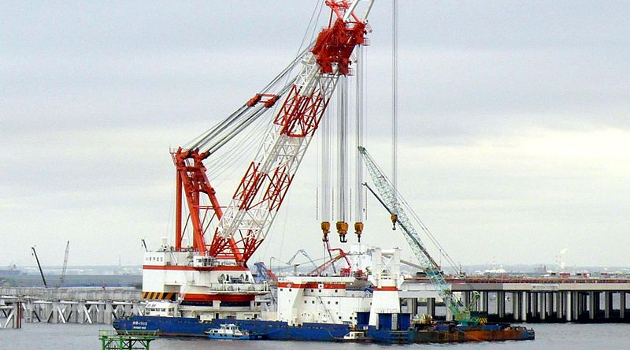Originally published by The Daily Caller on April 11, 2017.
In the waning hours of the Obama administration, the Occupational Safety and Health Administration (OSHA) finalized a rule to dramatically lower the level of permissible exposure to beryllium in workplaces. This expensive regulation was expanded behind closed doors after its initial public proposal and lacks strong scientific support. It is set to take effect May 20, after President Trump directed agencies to delay for 60 days rules that had been published in the federal register but not yet taken effect. His administration should insist that OSHA reverse the last-minute expansion of the rule, and at the very least follow proper procedures if it wishes to expand it again.
OSHA says that lowering the allowed level of beryllium exposure from 2.0 micrograms per cubic meter of air to 0.2 micrograms over an eight-hour period will save over 90 lives per year. But it hasn’t provided evidence to sustain that number, nor the fanciful claim that the rule will somehow provide net savings of $560.8 million per year.
Given the way these agencies work, their estimation that the rule will cost $74 million per year to implement is almost certainly low. American business don’t need those added costs.
Nevertheless, the major problem with the rule is its last-minute expansion to cover not only those working with beryllium alloys, but also abrasive blasting in the construction and shipyard industries.
The materials used for abrasive blasting, like coal and copper slag—waste products from coal power plants or smelting and refining processes—would otherwise end up in landfills. Instead, it is recycled and put to use. It also contains only trace amounts of beryllium, as much as 22,000 times less than in some copper beryllium alloys, the original focus of the rule.
The already heavily regulated abrasive blasting industry, which directly employs over 400,000 workers, has never had a documented case of beryllium-related illness in either the manufacture or use of coal and copper slag abrasive materials. There are also likely to be unintended health consequences if the industry is effectively forced to substitute silica-based materials in order to avoid unaffordable burdens.
The added provisions in the regulation were never offered for public comment, thus limiting stakeholder input. Congressman Byrne (R-AL), Chairman of the Subcommittee on Workforce Protections, recently authored a letter chastising OSHA for this “impermissible overreach,” and called for an indefinite delay to the rule while the agency reopens the rule-making process and follows proper procedure for amending the scope of the original proposed rule.
If OSHA fails to take his advice and adhere to the rules put in place to ensure transparency and accountability in the regulatory process, then Congress has a remedy. The Congressional Review Act provides a mechanism for the reversal of agency ruling within 60 legislative days after a rule is submitted to Congress.
OSHA had the dubious distinction of being the originator of the only rule—requiring workplaces to create ergonomic programs—ever repealed using the Congressional Review Act prior to this year’s Congress, which has undone several costly Obama-era regulations already. If OSHA wishes to avoid seeing another of its rules preempted by Congress, it should respect the regulatory process and take out the 11th-hour expansion of the beryllium rule.
———
Image credit: まも | Public Domain.

